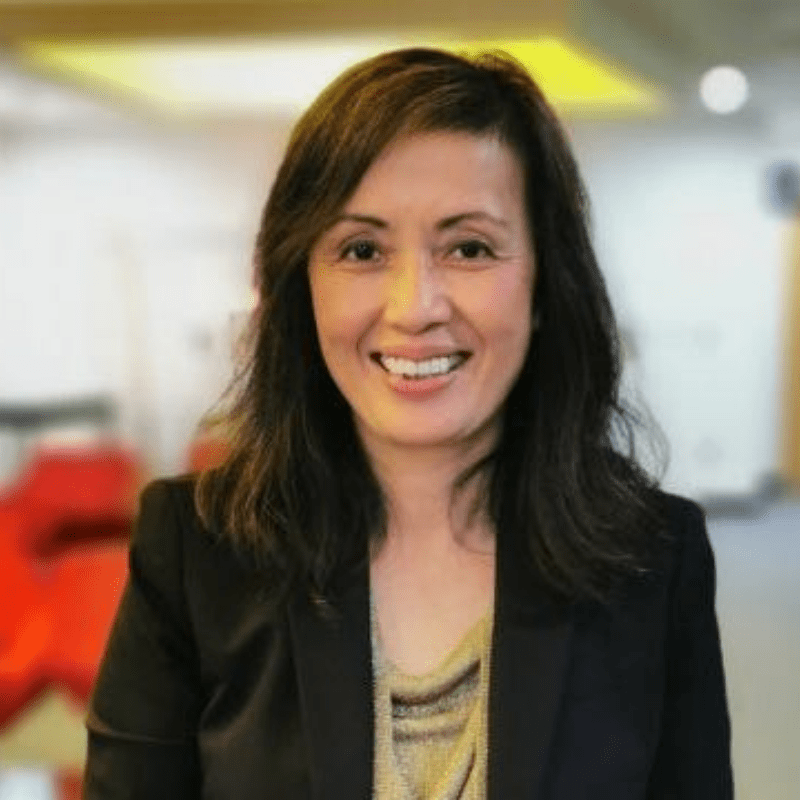15:37
Reimagining recruitment and talent mobility to prepare for the future of skills
Exclusive interview with Oracle on how HR can leverage the use of talent mobility and recruitment tech to build business resilience.
Topics:
Speaker panel

By: Emily He
SVP of Global Marketing, Oracle Cloud HCM
Emily He is Oracle’s senior vice president of the human capital management cloud business group.
